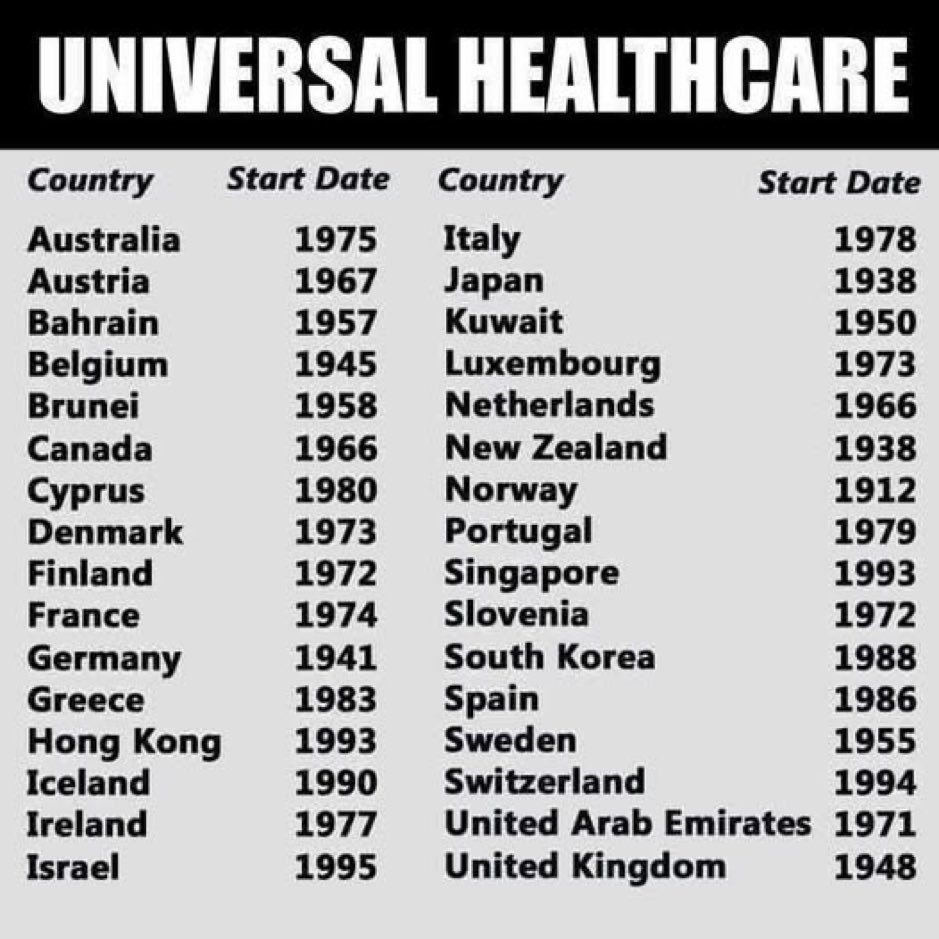Newsweek - Costco announced on Monday that NuGo dark chocolate protein bars sold at warehouse stores in 10 states and the District of Columbia were being recalled due to the presence of undeclared dairy. It was unclear whether any related illnesses had been reported. While the presence of undeclared milk or dairy may not prompt any major health concerns for most, consumers with a related allergy could be stricken with the potentially fatal condition of anaphylaxis.
The allergic reaction requires prompt medical attention because of symptoms that include throat swelling, difficulty breathing, a sudden drop in blood pressure and loss of consciousness. Other symptoms include rashes, hives, itching, vomiting, diarrhea and abdominal cramping.
Study Finds - Whooping cough cases have exploded, jumping to over 28,000 this year — a staggering six-fold increase from the same period in 2023. Perhaps even more concerning, however, are the results of a recent survey that reveals most Americans know surprisingly little about this potentially dangerous respiratory illness....
Whooping cough is no stranger to the medical community. In the early 20th century, it was a childhood nightmare, claiming countless young lives before a vaccine for the condition was created in the 1940s. Today, while medical advances have transformed its impact, the disease remains a serious health concern.
Misremembering might actually be a sign your memory is working optimally
CNN - Airlines will have to follow more rigorous guidelines when it comes to passengers with disabilities. A new rule will require airlines to meet standards for “safe and dignified” assistance to people in need, especially those who use wheelchairs.
Hartmann Report - Were It Not for White Supremacy, America Would Have Single-payer Healthcare
 |
Fernando Oliver, Esq. |
1440 - The science behind why red wine causes headaches.
Nice News - Keeping kids safe can be an overwhelming topic — but in terms of water safety, it can also be surprisingly simple, according to a new drowning prevention report from the World Health Organization. The
organization surveyed 139 countries to understand the matter better and
found that, while drownings have decreased by 38% since 2000, they are
still a leading cause of death for children across the globe. It’s a
troubling reality, but one that could change with the help of surefire, low-tech solutions.
“The
vast majority of drowning deaths are preventable,” Caroline Lukaszyk, a
technical officer for injury prevention at the WHO, told NPR. “And this
is another thing that’s really quite amazing: The recommendations for drowning prevention are cost-effective. They’re scalable. They can be implemented in all types of settings.”
The many promising solutions include using empty soda bottles as flotation devices,
keeping life jackets handy, teaching children self-rescue swimming
skills, checking weather reports, and prioritizing adult supervision.
“It’s not rocket science, it’s not high-tech. It is very much
community-based and community-driven solutions,” Lukaszyk said.
Guardian - A new report published on Tuesday is sounding the alarm on the rise of “Uber for nursing” – a growing gig industry in which artificial intelligence is being used by hospitals and other healthcare facilities to aid nurses.
The
report published by the Roosevelt Institute argues: “These apps
encourage nurses to work for less pay, fail to provide certainty about
scheduling and the amount or nature of work, take little to no
accountability for worker safety, and can threaten patient wellbeing by
placing nurses in unfamiliar clinical environments with no onboarding or
facility training.”
Twenty-nine workers interviewed reported having to pay fees to bid on shifts and winning those bids by offering to work at lower pay rates than other workers. Others reported experiencing app issues that resulted in missed pay for work they did.
“We have so many facilities that are stuck between a rock and a hard place, and turn to these gig nursing apps as a short-term solution,” said Dr Katie Wells, senior fellow at GroundWork Collaborative, and co-author of the report. “We have a problem with care. We don’t pay it well enough. We don’t take care of these workers in a way so they can take care of their families. And that’s what so many of these workers, they turn to the gig economy because they need some semblance of control over their own lives, because they haven’t had it otherwise.”
Washington Post - Doctors say treatment is increasingly being delayed by health insurers. Insurers have been demanding that doctors obtain approval before providing treatment, doctor surveys show. Insurers say the measure is aimed at containing rising costs.
No comments:
Post a Comment